My job is about learning. It’s about teaching, too, but the more I stand on this side of the desk, the more I realize that teaching is learning. It’s not just the simple process — as if it were so simple in truth — of learning how to teach. There’s that, certainly. I’m better this year than I was last year, I hope. I’m better this year than I was five years ago, I’m sure. I’m better this year than I was fifteen years ago, I know.
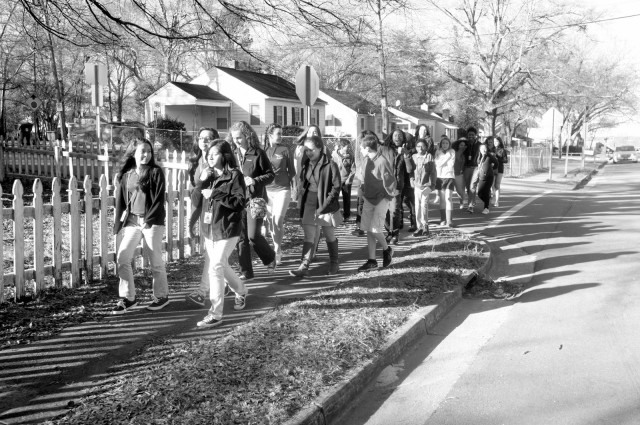
It’s not pedagogy and method that I have in mind, though. I’ve learned that learning is so much more than simply figuring out how to write a good paragraph, understanding how to do geometric proofs, seeing the logic of the scientific method. These things are all well and good — and important. But they all serve as simple means to ends. We learn to write a good paragraph to be able to communicate better. We work on proofs to be able to construct a scaffold of surety around our knowledge — to prove to ourselves what is is. (And to move on to higher and more challenging math.) We study the scientific method because it’s the best way to find out things about the physical world.
All this knowledge helps us in our day to day functioning, but it does very little to help with our living. I’m not more at peace with myself because I can write a paragraph. I can’t show compassion better because I can manage geometric proofs. I’m not more mature because I know the scientific process. My life can bump along just fine without this knowledge, and having this understanding is in now way insulation or protection against anything. I’m not a better person for this.
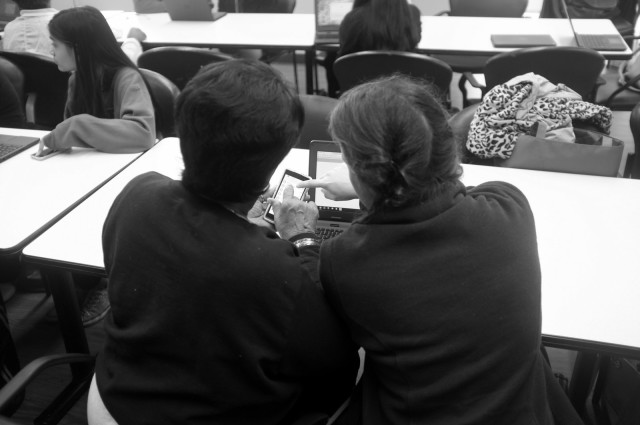
I’m a better person when I connect with other people. I’m a better person when I understand that the most precious and instructive moments in life are those flashes when a couple of people connect in a real and meaningful way.
I teach my students how to make sense of Shakespeare (and, by proxy, many other challenging texts), and I show them how to organize a paragraph coherently, then how to string several paragraphs together in a logical order. Useful skills, but not life changing. Yet sometimes I get so wrapped up in the importance of those minutia (relatively speaking) that I miss the real teaching and learning opportunities. I forget that just because they’re not learning just what I want in just the way I planned it than my students aren’t learning. I forget that just because what they’re doing for a particular session has nothing to do with English than they’re not become better people. I forget that, at it’s base, that’s what all good teaching is about. There’s the subject matter, true, but all the teachers we really remember taught us more than just their subject matter. In some rare cases, we can sometimes barely even remember what exactly they taught us about English or math or Spanish, but we remember what they taught us about life.
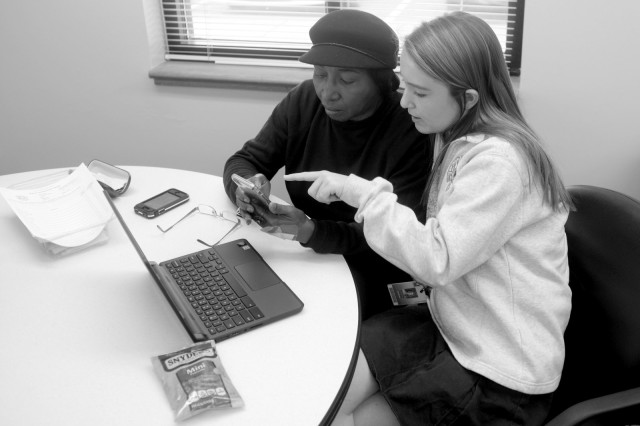
Today, I had the privilege of taking about twenty of my students down the street to a community center than has a trice-weekly seniors program. The plan was simple. The plan didn’t work as planned due to technical issues. And so from a certain point of view, it was a complete waste of time. It didn’t do what I wanted it to do. The plan didn’t behave properly. And in that mini-disaster, I learned once again — my students taught me once again — that there’s more to teaching and learning than nouns and rays and Erlenmeyer flasks.
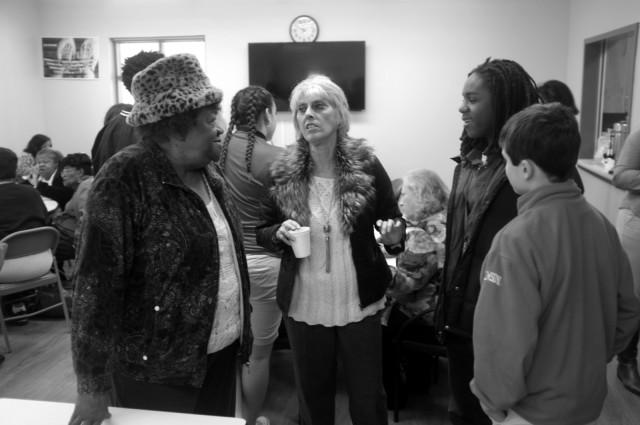
Sometimes lessons just come along than can’t be planned because the lessons themselves come simply from the messiness and unpredictability of life. Sometimes a room full of teens and seniors offers such individualized lessons that could never be planned, never be executed because life can often never really be planned. And that in itself is part of the lesson.
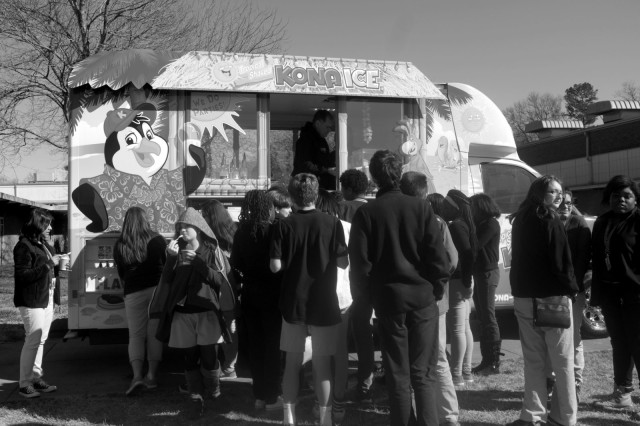
In the afternoon, another lesson about learning: not all learning has any adults at all involved. The kids headed out for their quarterly (or is it more often? I can never remember) reward day, which consists basically of forty-five minutes of freedom outside. Some kids play basketball; some kids play soccer. Some kids walk around and gossip orally; some kids walk around and gossip electronically.
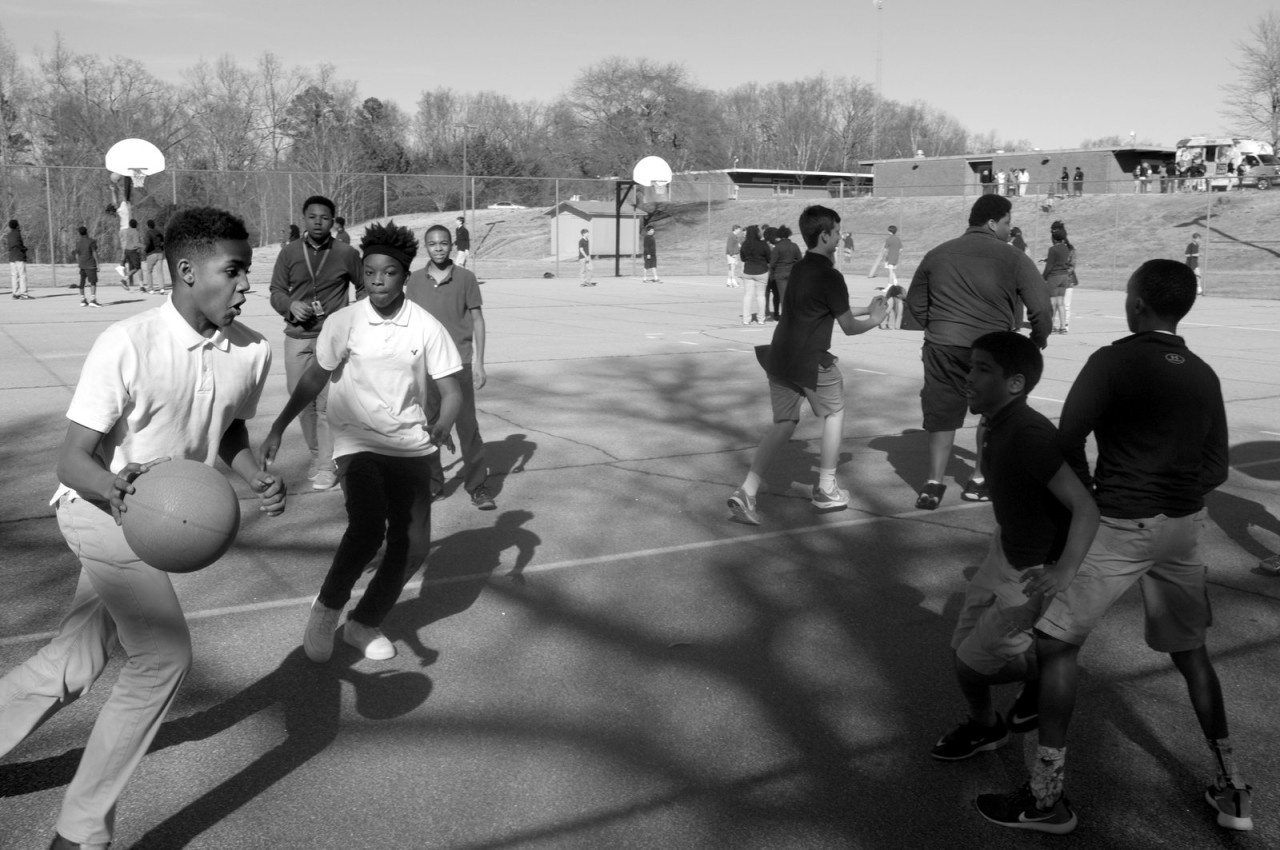
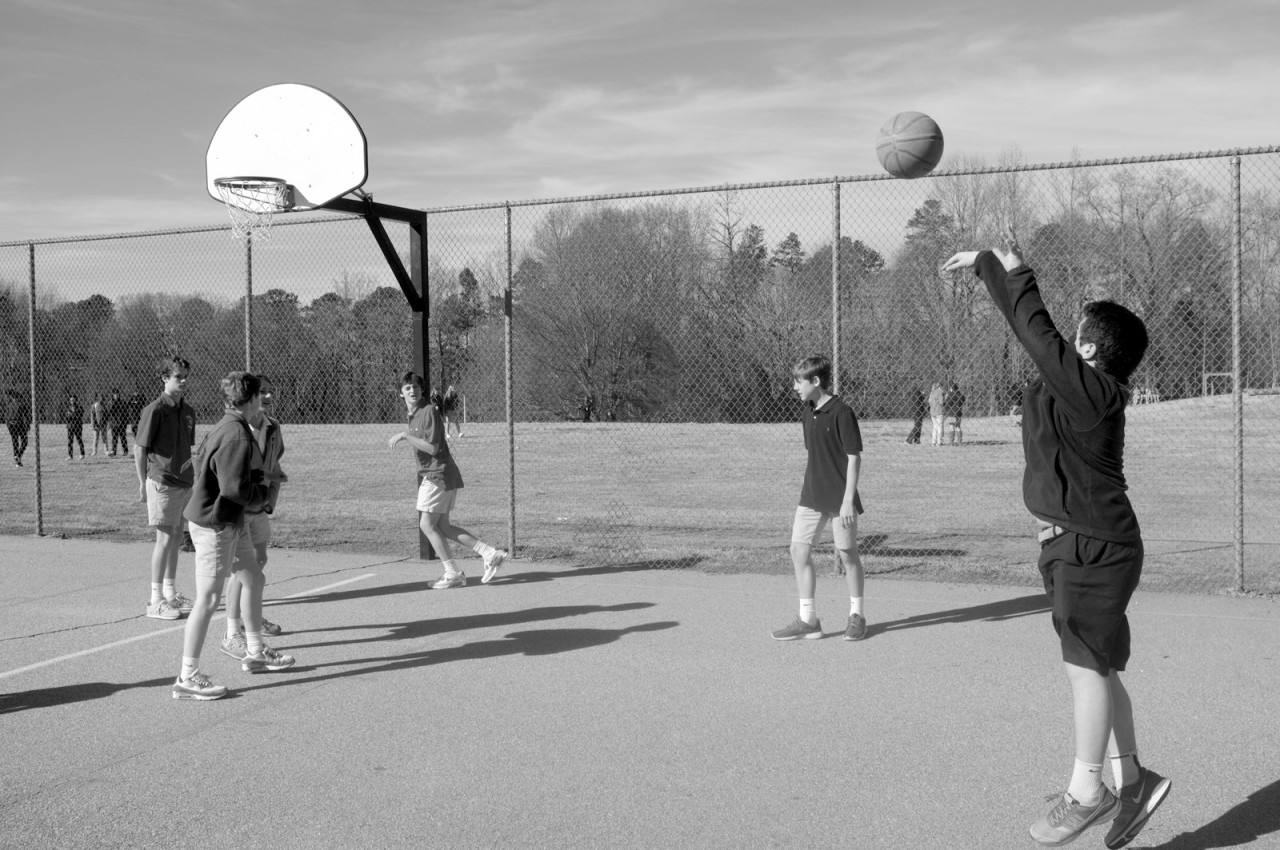
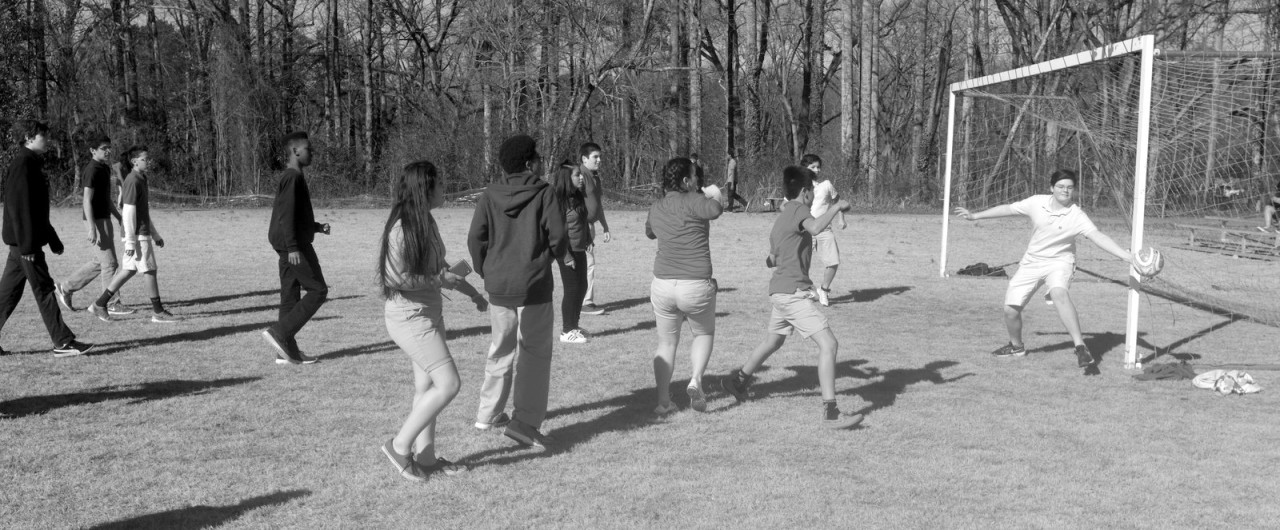
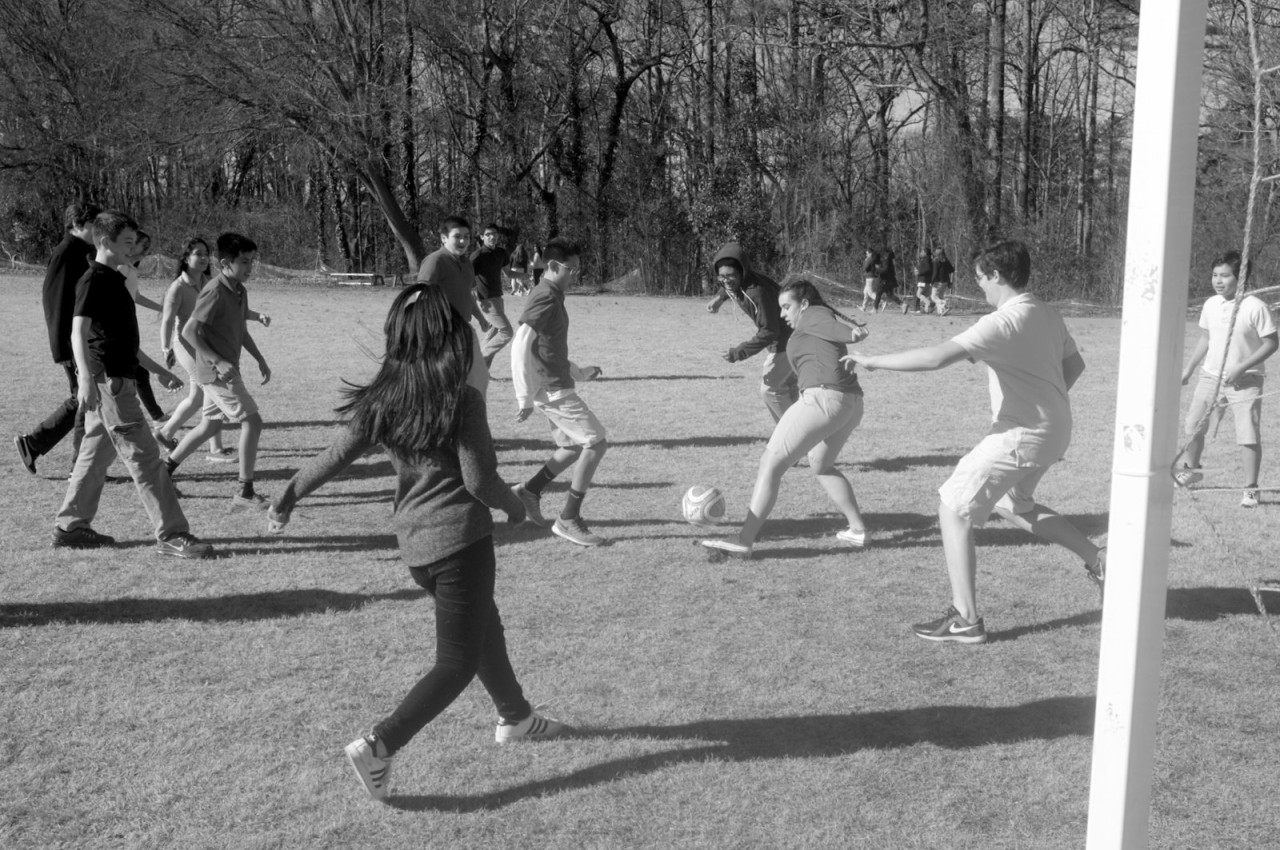
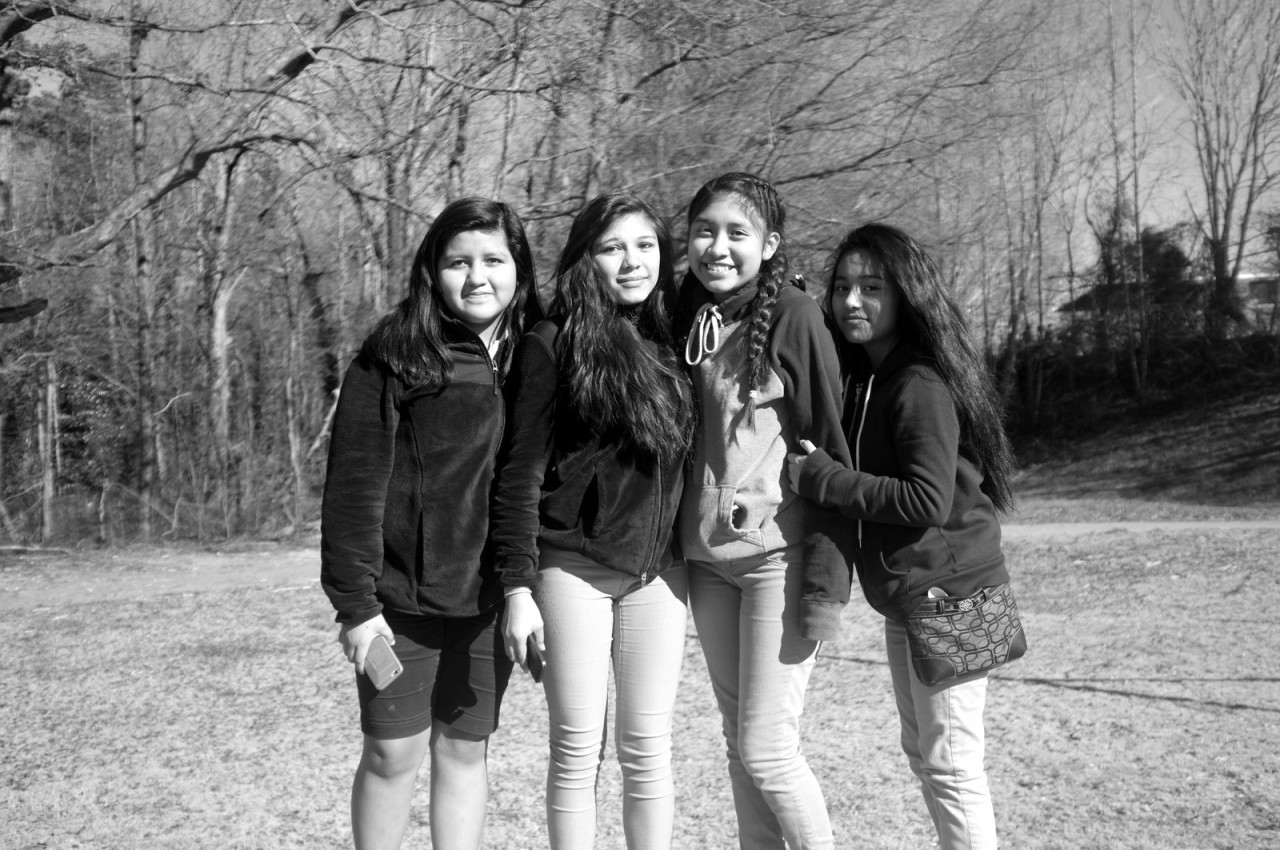
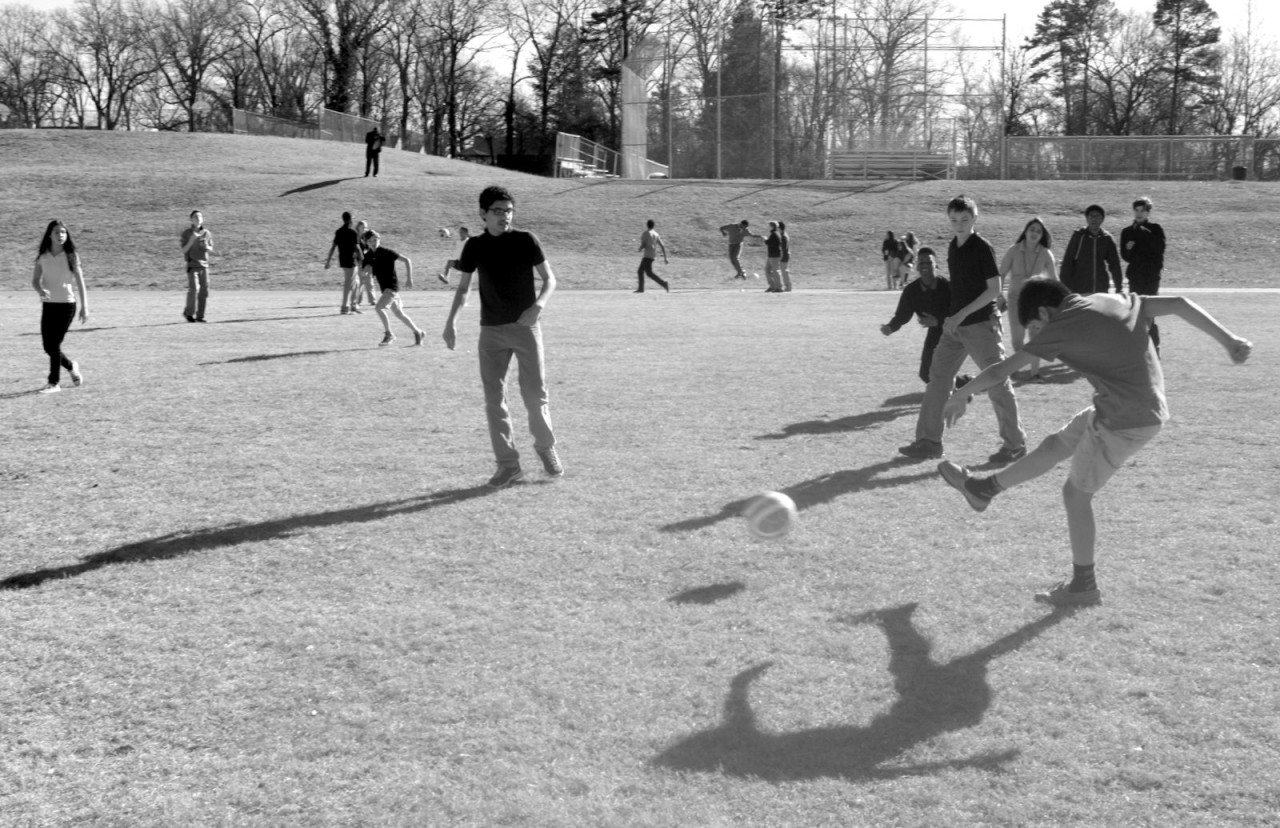
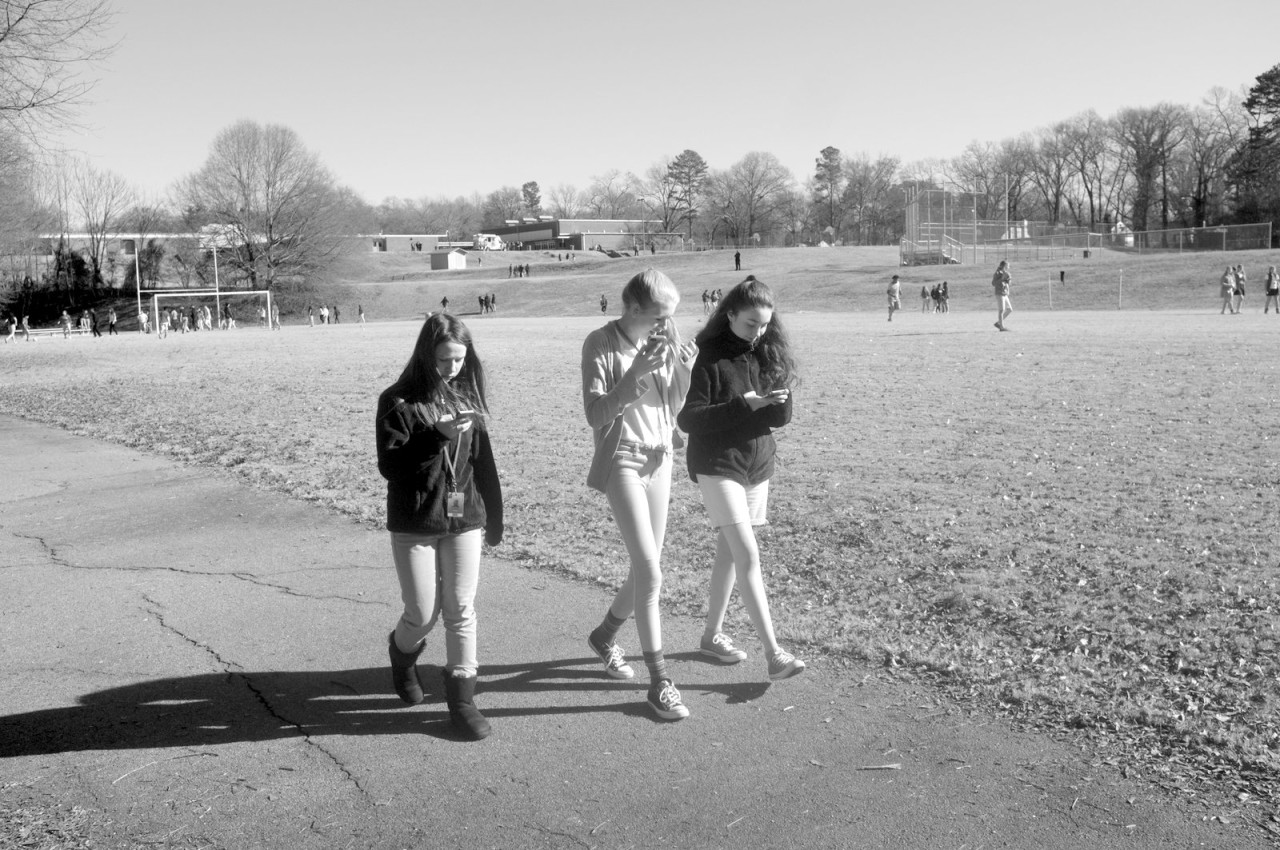
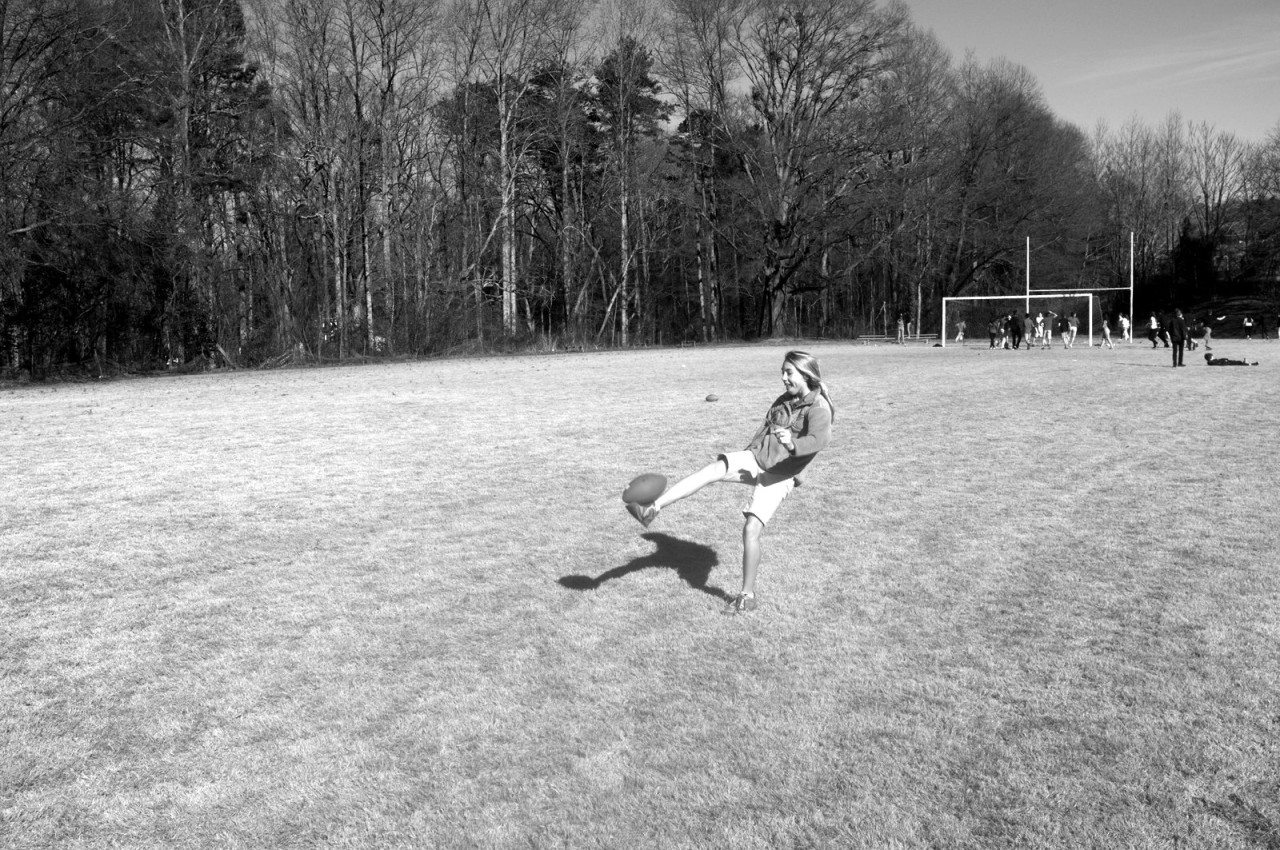
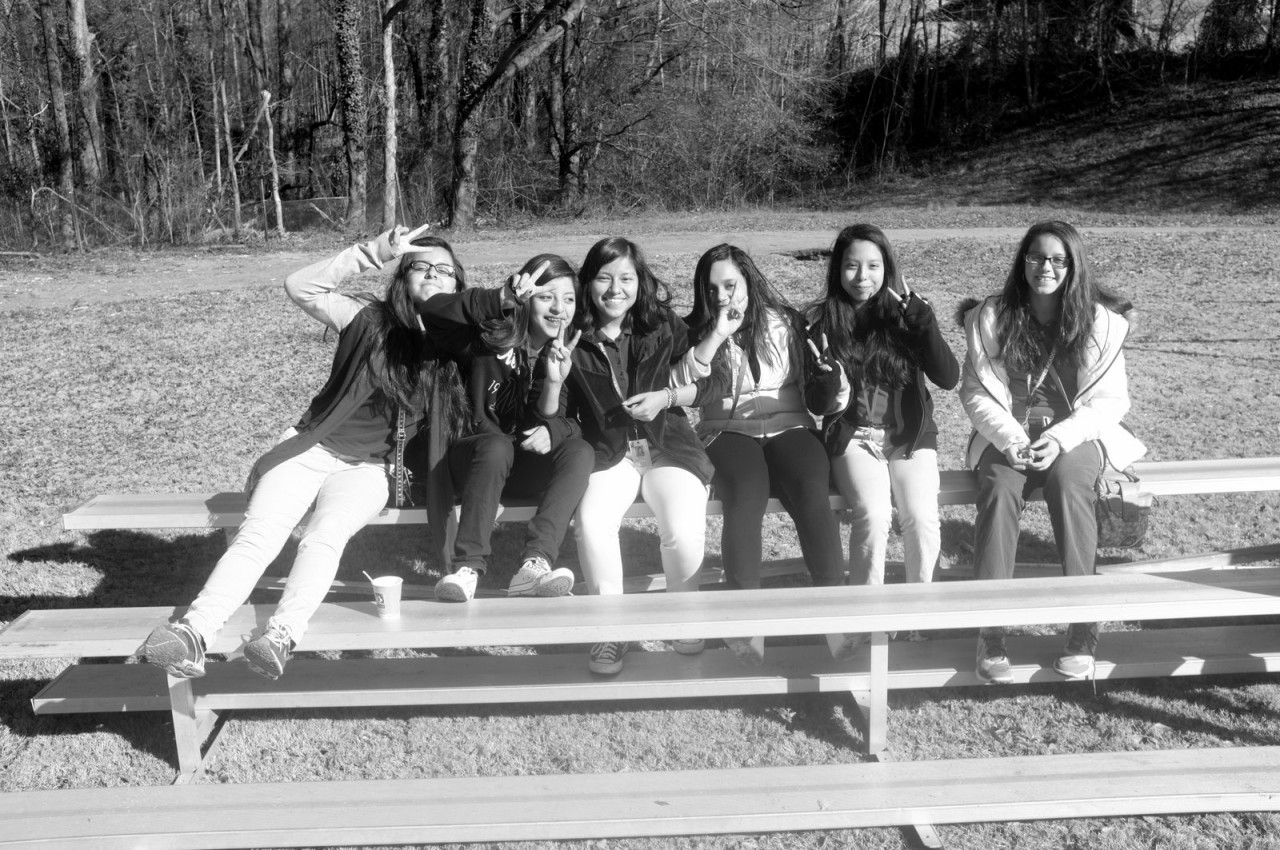
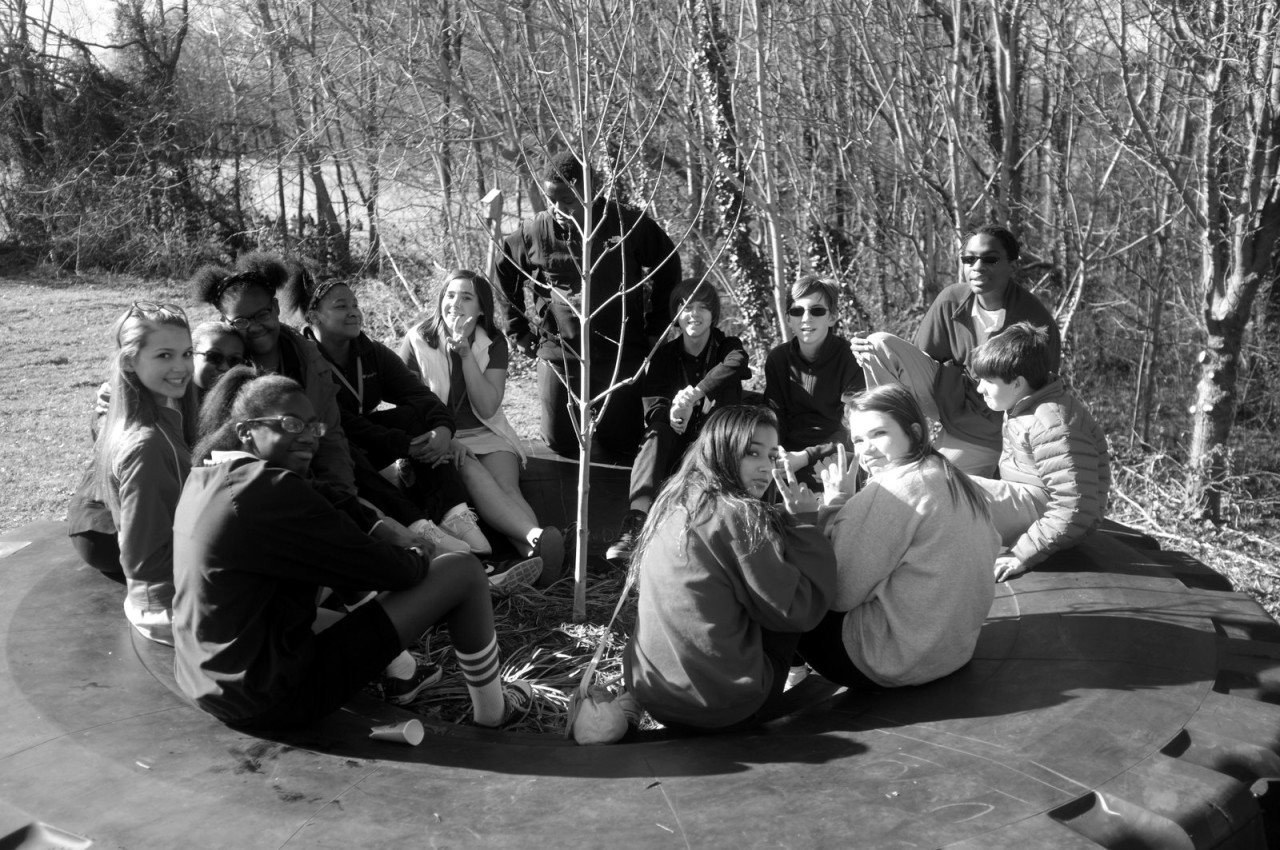
And some kids just do a little bit of everything. The lessons there? Countless, and completely unplanned.
Back at home, L asked K to help her with a traditional Polish dance that she’d like to use to try out for the school talent show later this year. Tryouts are coming soon, and the Girl is not quite sure what she’s going to do. This is the first year she’s eligible, so she’s feeling a bit stressed about making a good impression. She’d noticed that all the Indian students in the past who’d done traditional dances made it to the show itself, so she reasoned that a Polish Highlander dance might stand a good chance.
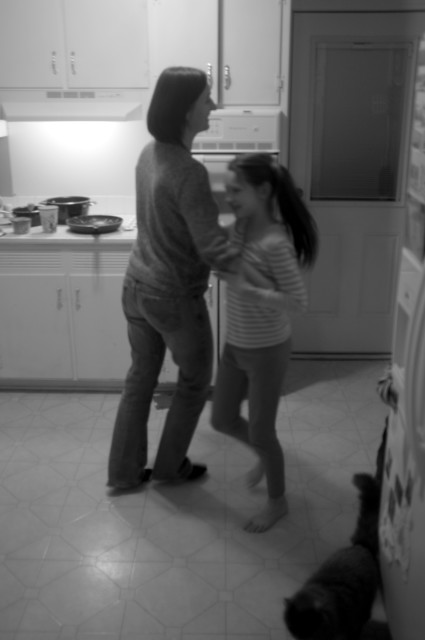
So K began working on it with her. I’m not quite sure how this is supposed to work because Polish Highlander dances are really not solos — unless you’re dancing a male part. This bit of information prompted a bit of begging from the Girl, so K showed a few male moves. And E decided he wanted to learn them all, male moves and female moves.
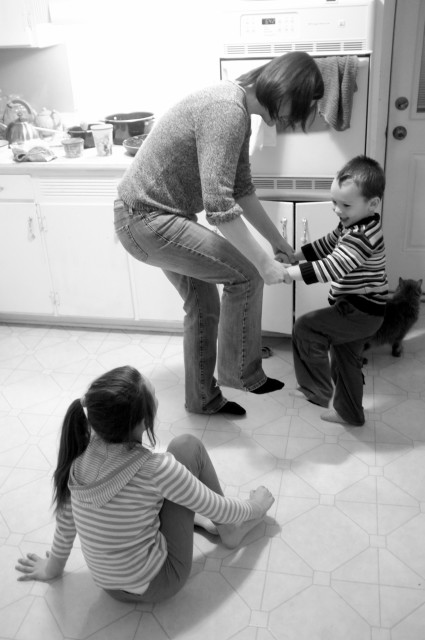
Another unplanned lesson.
They’re really all around us. The opportunities are endless. And the miracle of it all is that we really don’t even have to be aware of it.